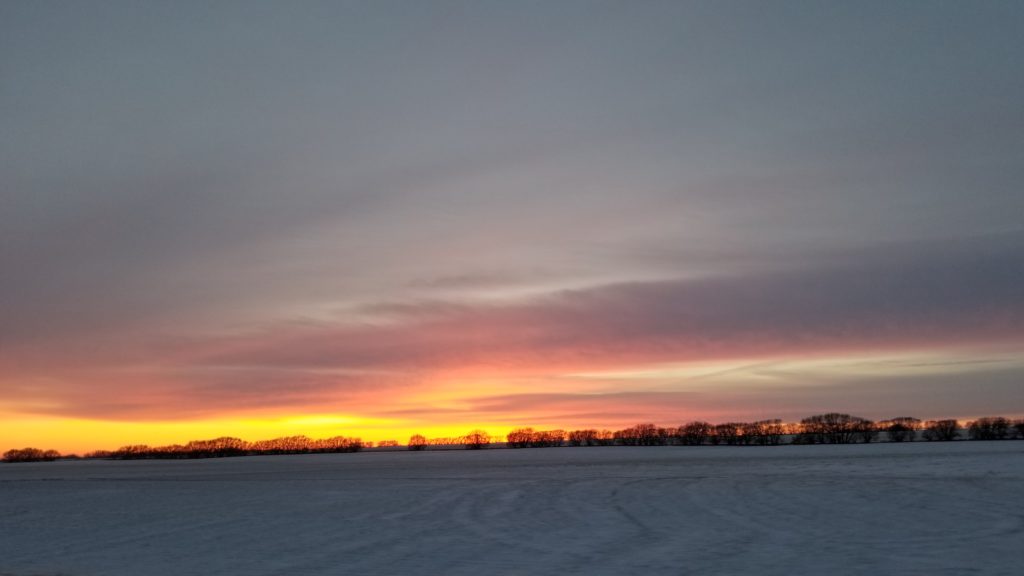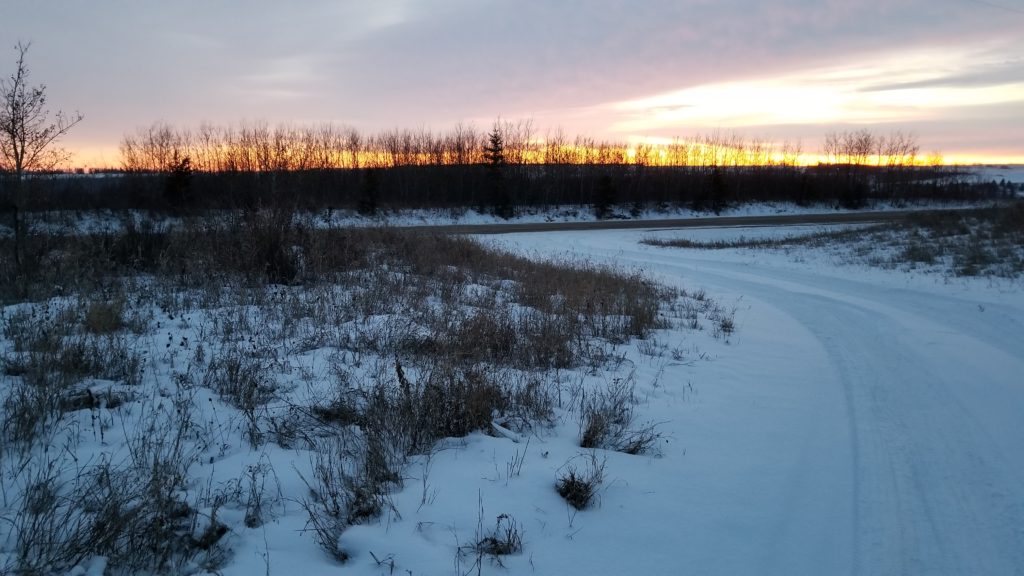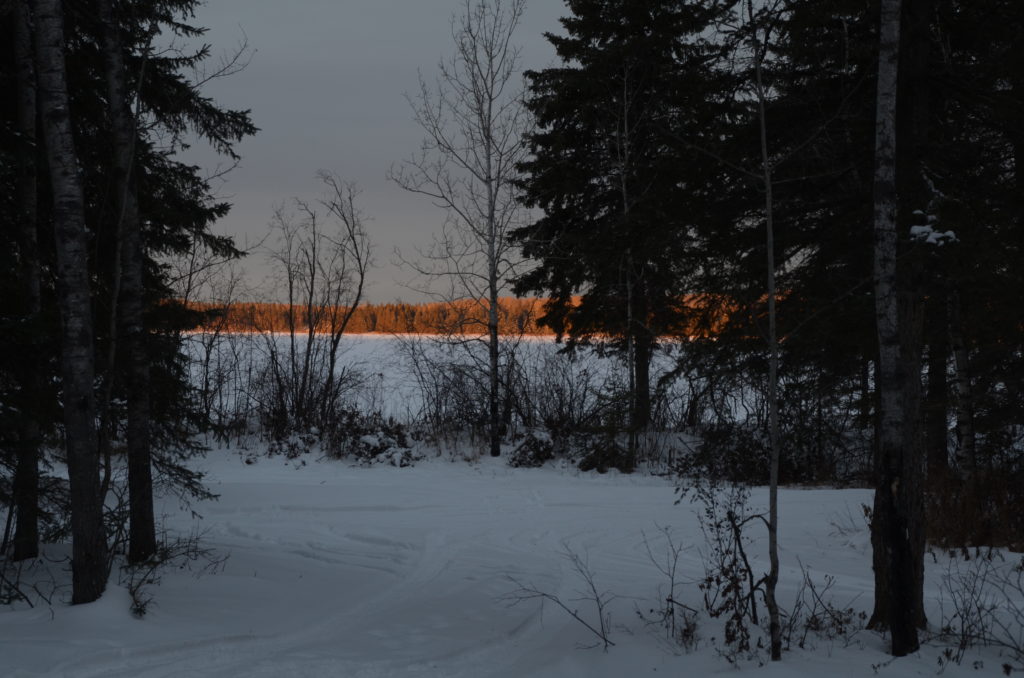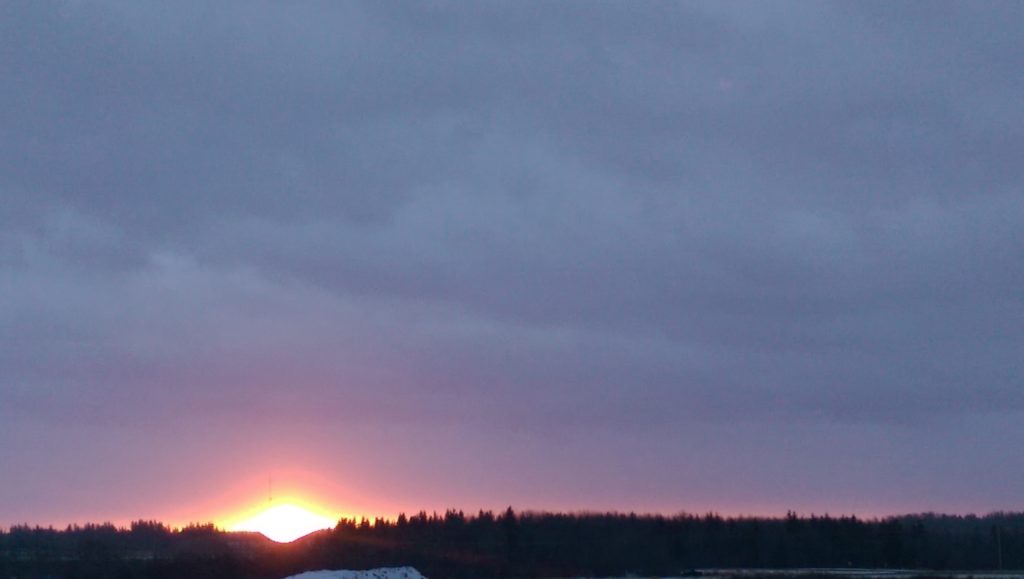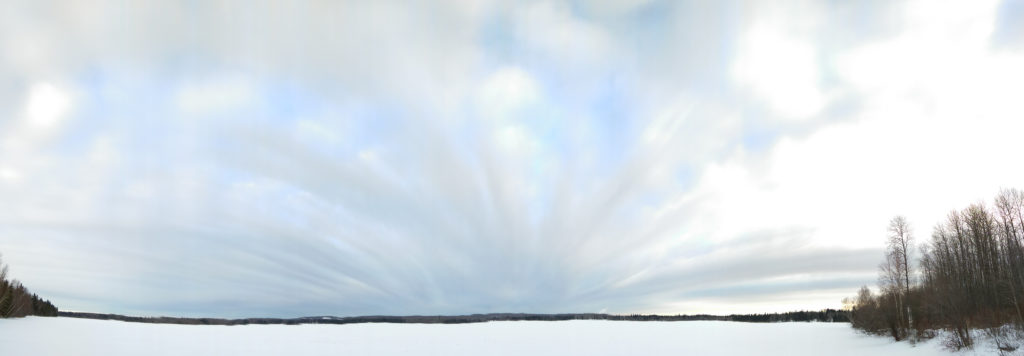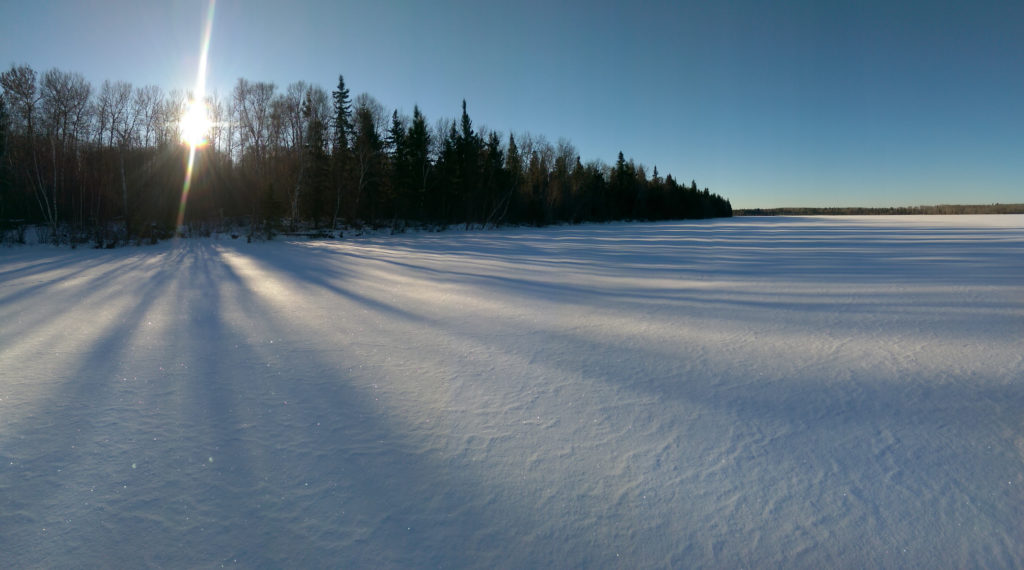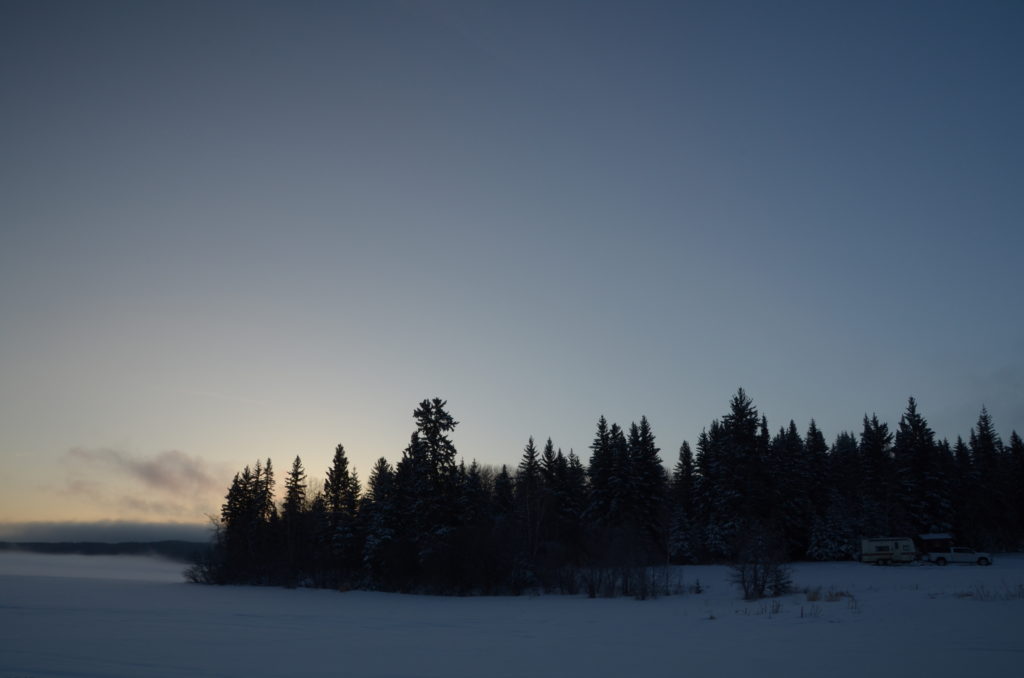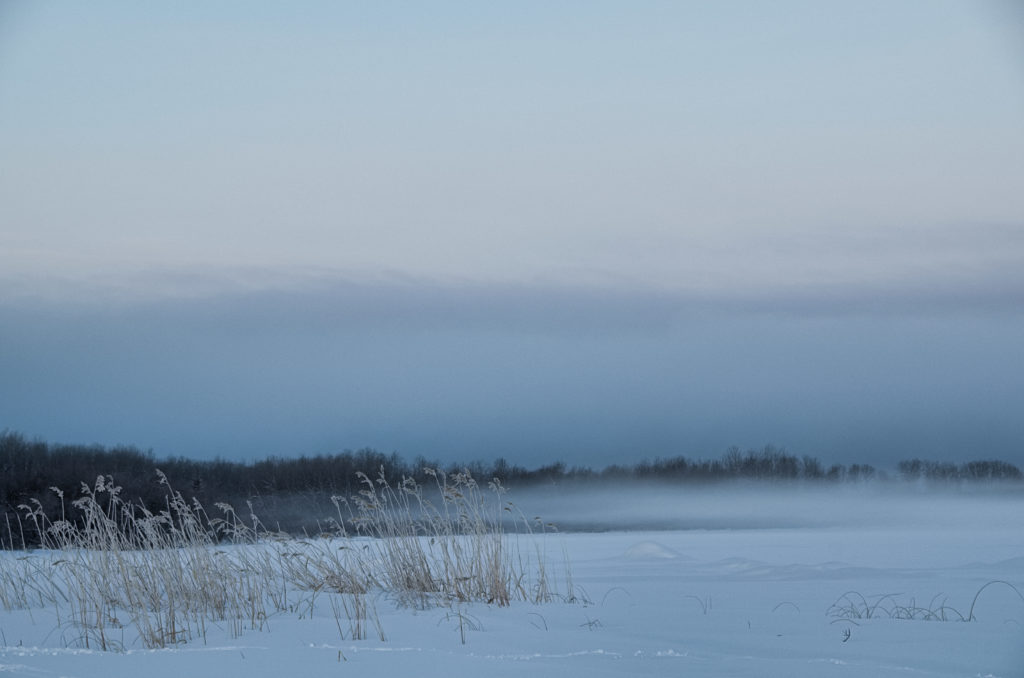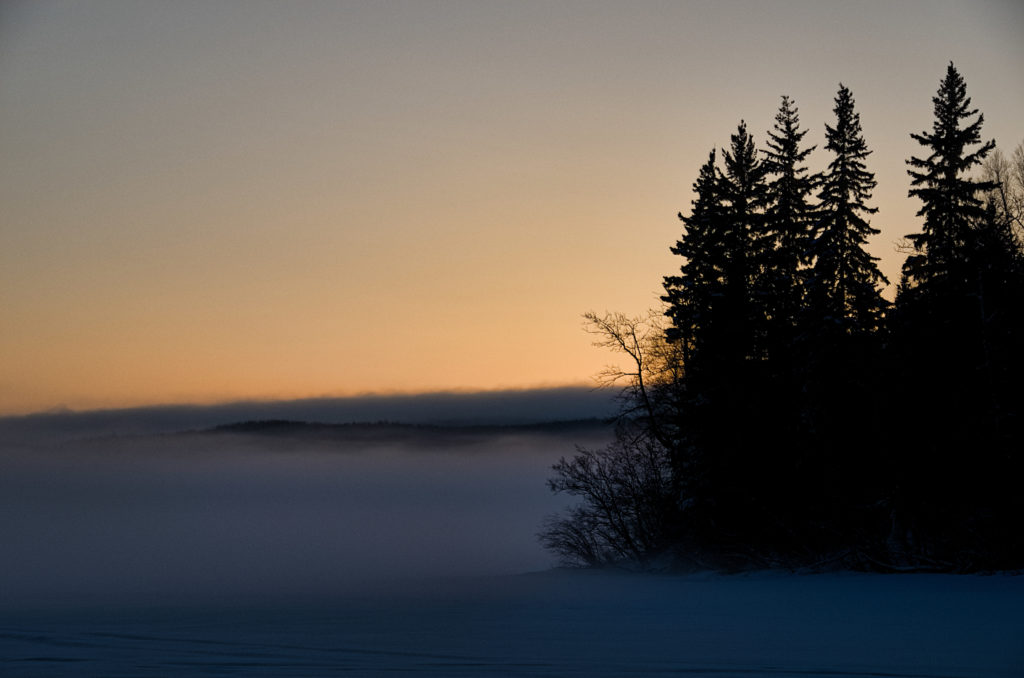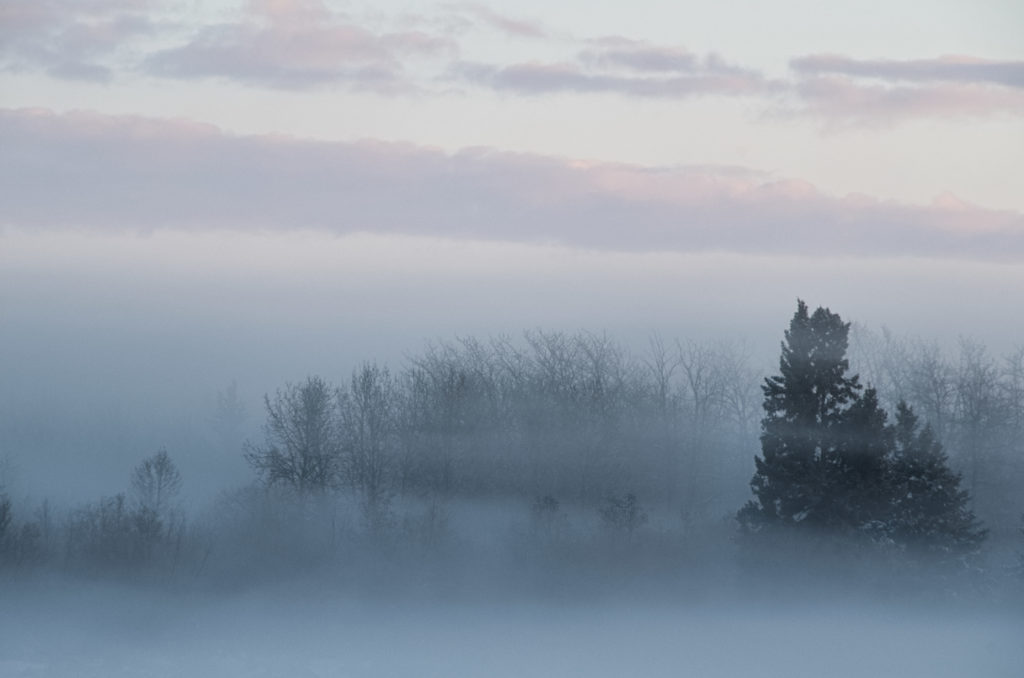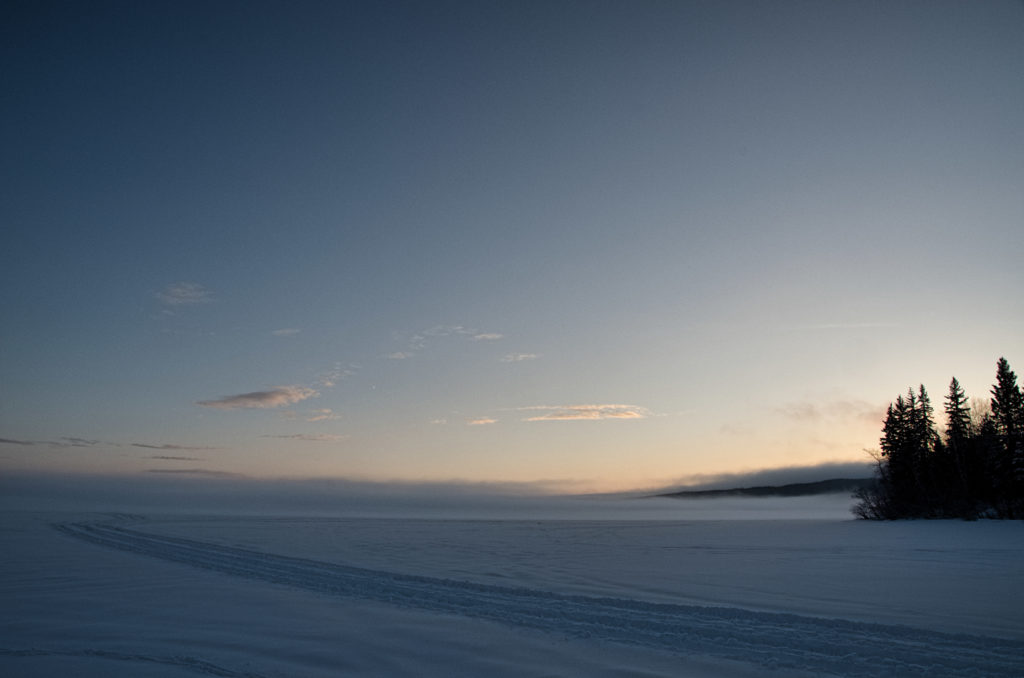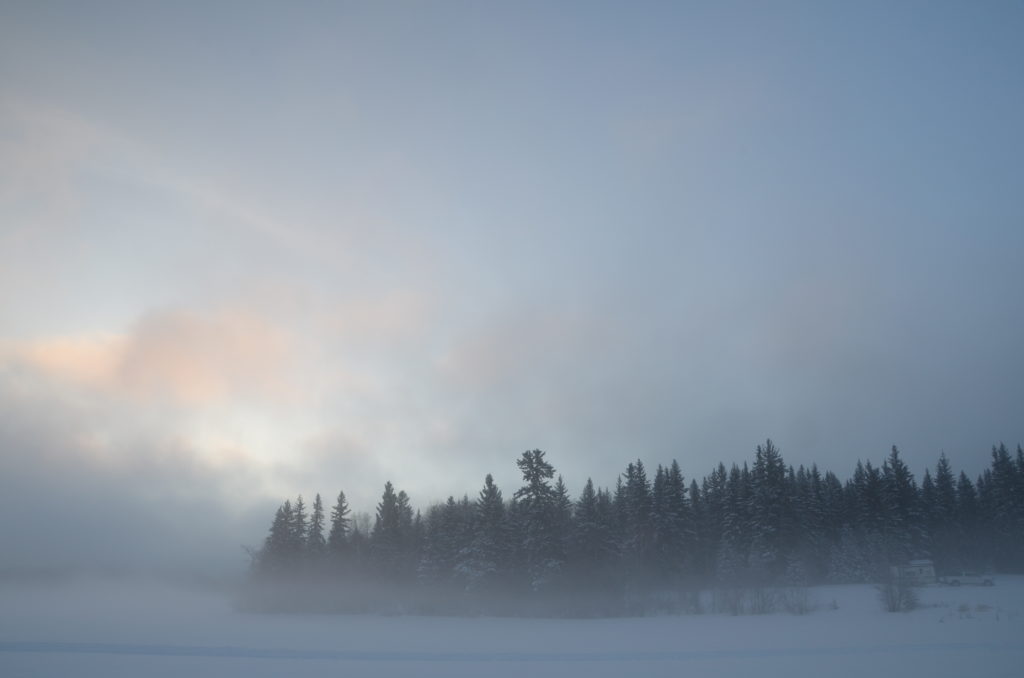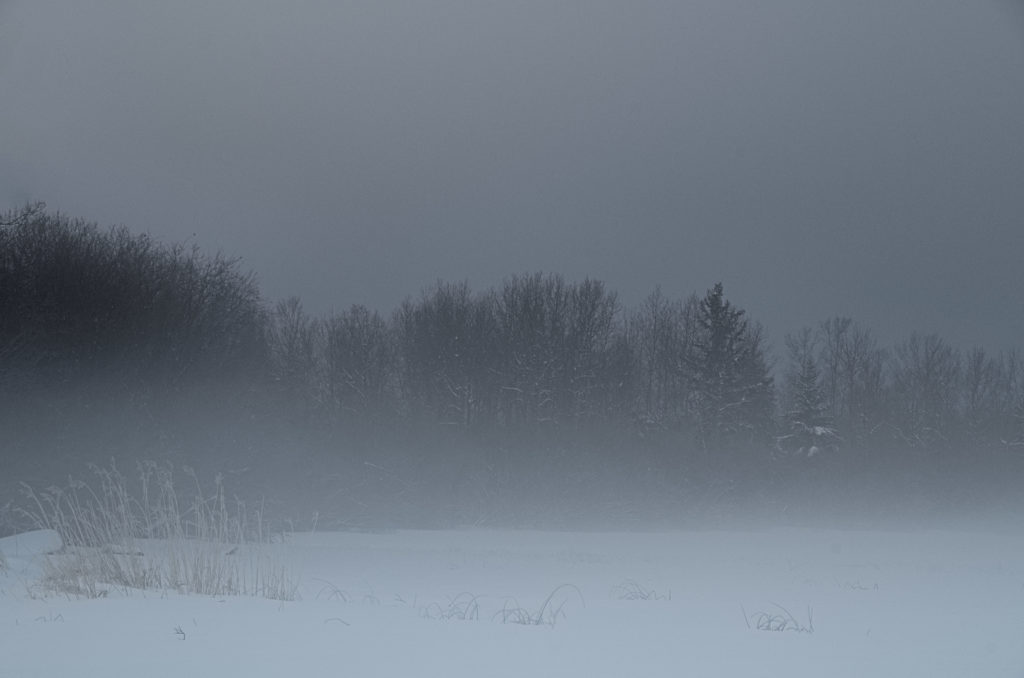We sin.
God loves us.
God gives her Son to die, to pay for our sins.
(About the pronoun for God, see the ending.)
We ought not suffer the consequences of our sins if Jesus pays the price for them, Right?
The consequence that we do not suffer is God does not honour the reality that our sins create: namely that we are separated from God.
The rest of the consequences, we and others still suffer. And we do it sometimes too often without any Grace.
Grace, it’s that wonderful attitude of God toward us,
that is so great and large that it may be hard to comprehend well.
Just say that God is dancing with us through life, and when we sin, taking a misstep in the dance, God does not step on our toes, even when we put them right under God’s nose … or rather feet.
Grace is how God dances with us, serene, always there, smooth, never predictable, but never strained or clumsy, … just there
especially when we deserve everything but God’s presence.
Grace, that’s how God responds to our sins.
One tradition explains it all by saying that there is a price to pay for every sin. We can pay it, or, as in times of old, we can offer a sacrifice, an offering to atone, or make up for, the sin. It’s sort of like not really paying but paying something not so bad instead.
Which leads to all sorts of traditions around altars and killing and blood and …
Even Jesus death is seen this way, as a sacrifice, offered by God, taken by us all (no scapegoating – but that’s jumping ahead-).
The conundrum of this view is that Jesus pays the price for our sins, but we still suffer the consequences, except that God is not separated from us. God remains with us, which is something (well actually it’s everything) but we humans have always wanted to be free from the consequences of our sins, because we seem to understand how terrible they are.
If we were still in the business of sacrificing, killing, and offering blood to God to atone for our sins, then Jesus as the sacrificial lamb would make a lot of sense.
A side step first: Jesus living and dying did not change God; it changes what we know of God, and how we know it. Jesus life story makes us able to know many things about God that we may not have been so able to know, and to know just by knowing a story.
Jesus as the sacrificial lamb, stepping right out of the altar sacrifice, blood and making good for sins in the temple, is a powerful image, and not at all to be lost.
The story God gave us with his son is quantum levels more significant.
God gave his son to show us that God has made the last sacrifice on an altar, a blood offering, a life offering.
And that is supposed to show us, simple and easy, that that’s the end of that.
And not just the blood offering, taking of a life, but the kind of sacrificing someone else, making them pay for what we have done.
It’s about Grace making it possible for us to be fully accountable for our own sins. Enough (and then some) scapegoating.
It’s easy to know Jesus’ story as the end to blood offerings, because we don’t do that anyway.
It’s a full reality pill to swallow, one that will transform our lives if we pay attention to the story, if we understand that Jesus’ story is supposed to be the last time that anyone scapegoats anyone.
That’s harder to swallow because … well we all scapegoat people, sometimes even innocent bystanders to the mess we make of our lives.
So: God gives his son … to teach us, to give us a clear story of how God intended us to live, and scapegoating is not any part of what God intended.
If we know that God forgives us, stays right by our side when we suffer the consequences of our own or others’ sins, then it is possible to be accountable for our sins. We do not need to scapegoat someone else in order to think that God still accepts us, in spite of the terrible sins we commit.
God loves us, forgives us, stays with us: that’s the purpose of God giving Jesus … so that we can know God’s grace first hand, and then give it to others.
Even at sunset, God loves, forgives and stays with us … in the light.
Dance. For God is dancing, singing, laughing with us.
Dance. For God is carrying us, wailing in pain, and crying with us.
Dance. That’s what we do, if we choose not to scapegoat someone else for what we’ve done wrong.
God gave his Son, so that we might truly live and dance.
Even if we only dance in our dreams.
’cause if you’re not dancing … you ain’t nothing doing.
Now where did I put that music, the song of God’s creation, dancing with light and snow and cold and heat and rain and drought and … well all of us.
Breathe
There is a way through any dance, any circumstance, any challenge.
Even when the light is nearly gone, there is a way.
Breathe,
because in the next moment wen you recognize that God is leading, you just might not be able to catch your breath, the steps are so wondrously tantalizingly
grace – full.
Now about that pronoun for God:
There is so much that God has made clear for us to know, but what God has not made clear is if God is male, female or other, or how we ought to use pronouns referring to God. So they are all available, some disturbing in their historical and hysterical use, abuse and demand that others use the ‘right’ one.
The one thing we know clearly is: God is also full of Grace about all the pronoun use/abuse/demands; and we can be, too, if we so choose.
The only thing I’m pretty clear on, is demanding that others … fill in the blank … is almost always counter-productive, and doing so about the pronoun used for God is counter-grace-full.
That’s a dance, too. I wish only that it were more often a dance of grace instead of anger.
Pronouns are important, language is important, but only if they are part of a dance of grace.
Breathe.
God gave God’s son so that we could all breathe, and dance with Grace.
